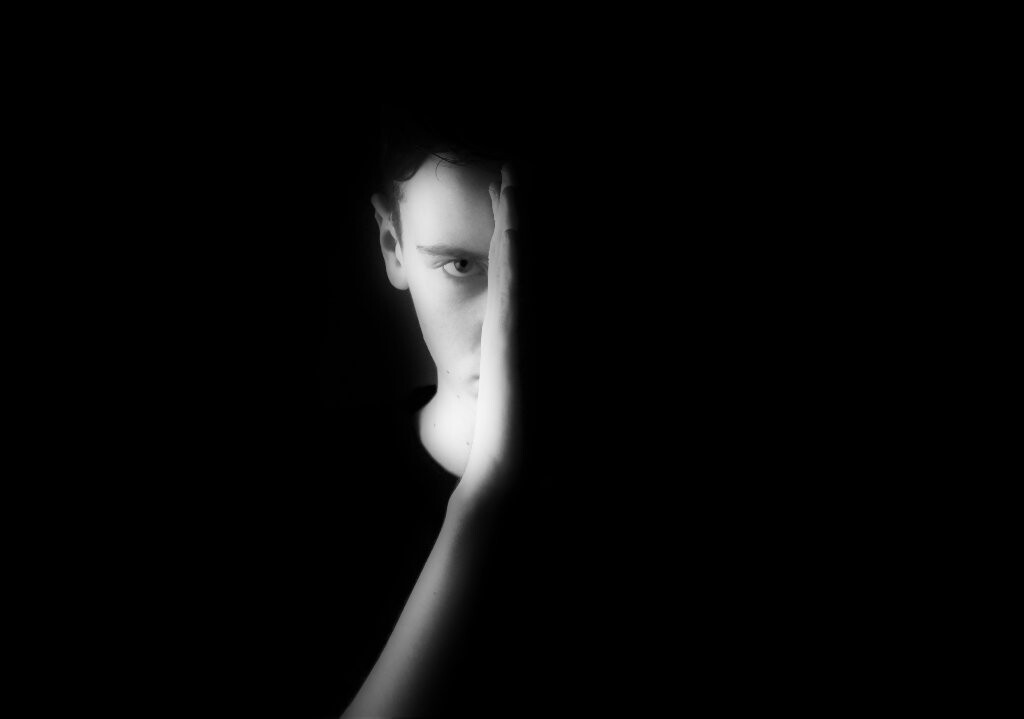I like to refer to our darker side as the “huge bag” that we all carry around. We tend to use a lot of metaphors to describe it, such as “discovering our demons,” “the night of the soul,” “wrestling with the devil,” “alter ego,” “shadow,” and so forth.
Finding our demons and our shadow
All aspects of our personality that bothered those around us and impacted our lives were thrown into an invisible sack that followed us throughout our lives and that we began to do from childhood to remain worthy of their love.
Both our ego and each of our shadows grow naturally during childhood as a result of the same crucial event.
Attributes that do not fit our ideal images, such as selfishness and envy, frustrations, or terrible experiences, will be sent to the bottom of our sack. On the one hand, we will associate ourselves with certain ideal traits of our personality, such as friendliness or excellent manners.
That which relates to the ego and that which relates to the shadow of the members of a system will vary by culture and even by family. While others will not, some people will accept the expression of extreme emotions such as anger, aggression, or sexuality.
Our sack
So, during the first 20 years of our life, especially, our sack expands, as does that of our family, culture, or society and during the next 20 years, we spend our time trying to empty it.
And the more items we put in our sack, the less energy we have for daily activities and the more energy is trapped, stored and unavailable.
It happens that everything we put in our bag will appear as a big shadow with a lot of hostility the day we least expect it or when we decide to open it. This is because when we reject a part of our personality, it becomes hostile and subdues us in some way as if a mutiny had been planned against us.
In the end, we get unpleasant surprises of what we did not expect.
As a result, the aspects about ourselves that we reject can be interpreted as shadows. We only see what we want to see when we look in the mirror, so what we don’t is evident in our reflection. And facing it involves facing oneself.
Moreover, not all repressed emotions and abilities are bad, even though they feed the dark side of human nature. The shadow also contains skills and qualities that the individual has not had time to develop, as well as emotional attachments, immature traits, or neurotic symptoms.
Our shadow
Therefore, our shadow is a part of the unconscious that complements our ego and represents the aspects of our conscious personality that we do not want to know, that we reject and that we forget or banish to the back of our mind, only to discover them later in conflicts with other people.
It, therefore, contains potential capacities and qualities that have not yet been realized.
However, since the shadow flees from the light of consciousness, we cannot see it directly. Instead, we can see the shadow through other people by observing their characteristics and behavior.
The shadow
One can glimpse the shadow if we are aware that when we overly appreciate or despise a quality in someone, such as laziness or sensuality, we are probably projecting that attribute onto that person to banish it to our shadow.
The traits and/or attitudes we are concerned about or excessively like in others should be examined along with what affects us to know some characteristics of our shadow, or what we project onto others about ourselves.
Thus, to recover our shadow, we must face it and incorporate its elements into a more comprehensive vision of who we are, leaving aside our rigidity and our phobias.
This process usually takes place when we see that our lives do not change and when we have lost interest in them and their purpose.
We call the process of intentionally and voluntarily immersing ourselves in all that we have chosen to deny or repress working with our shadow. It will allow us to solve our interpersonal problems by illuminating the shadows and entering and integrating our inner selves.
“Our most admirable qualities also deepen as a result of accepting our worst sides.”
Our demons or enemies
While making peace with our inner demons or enemies does not make them go away, it does alter our interaction with them, making it much more humane and avoiding the humble way. Therapy or even the arts can help.
It is possible to make peace with our shadow and avoid hardship and doom when our strength recognizes its fragility and we realize that in addition to light we are also made up of shadows.
When we stop thinking that evil only comes from the outside and realize that the capacity to do evil also exists within us, we stop blaming the outside for everything bad.
As Jung pointed out, “the shadow is only dangerous when we do not pay due attention to it”, the unconscious ceases to be dangerous when we have a healthy connection with it.
With information from lamenteesmaravillosa.com





